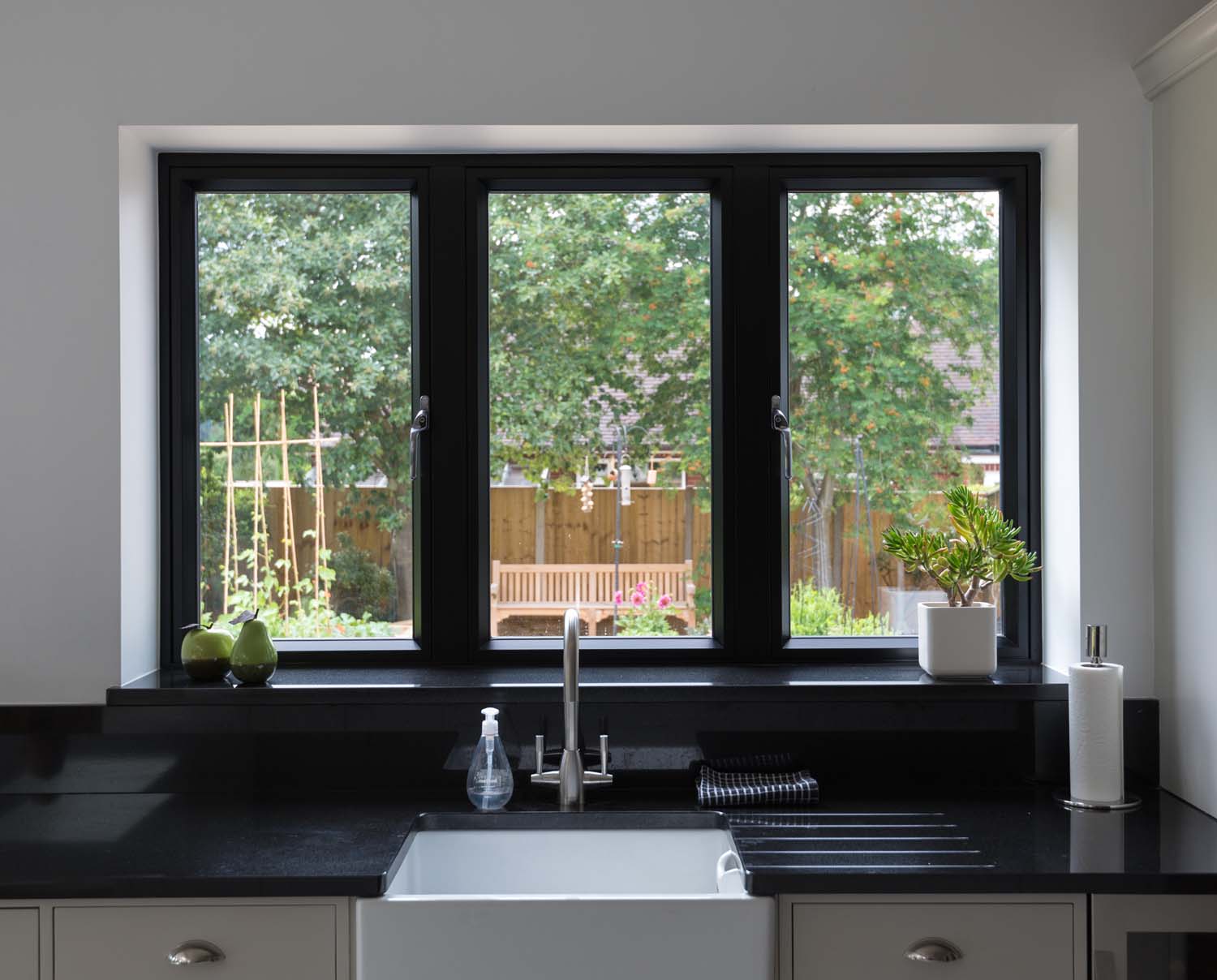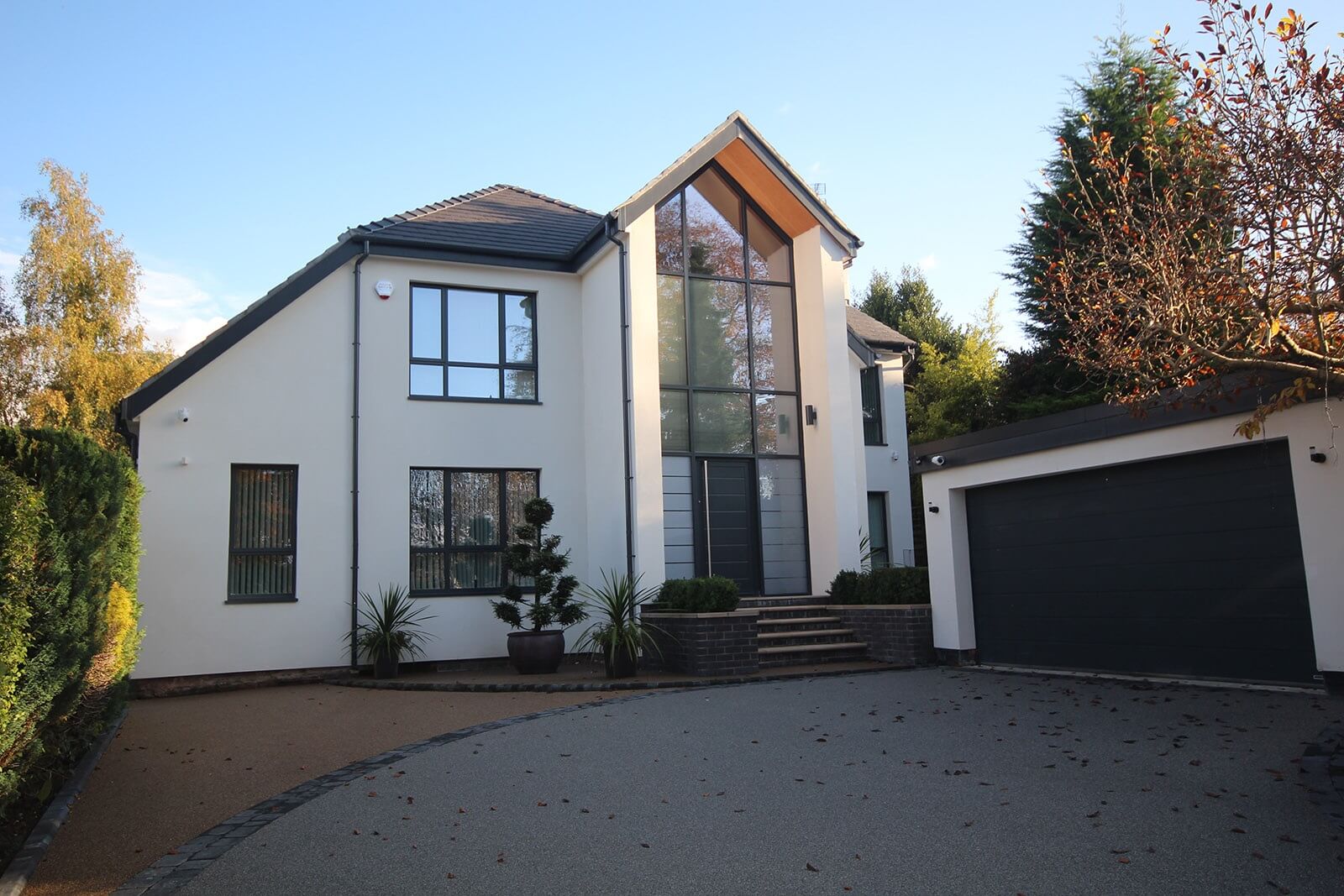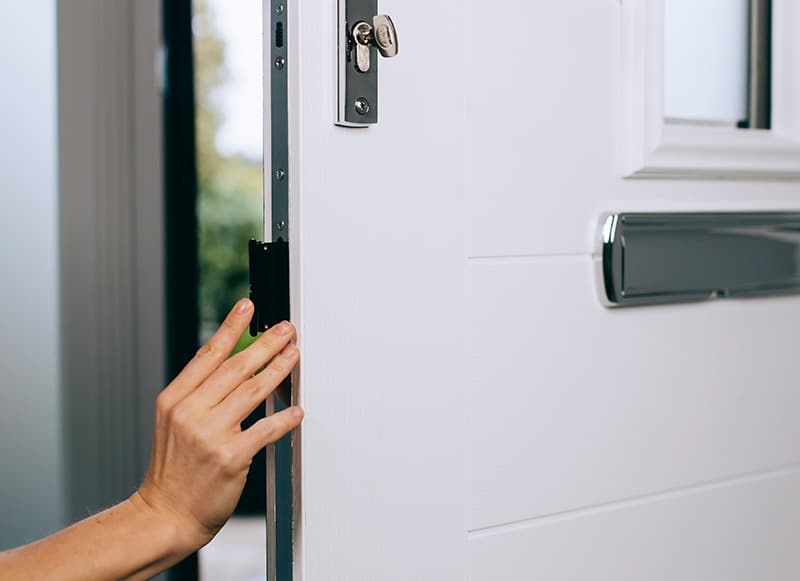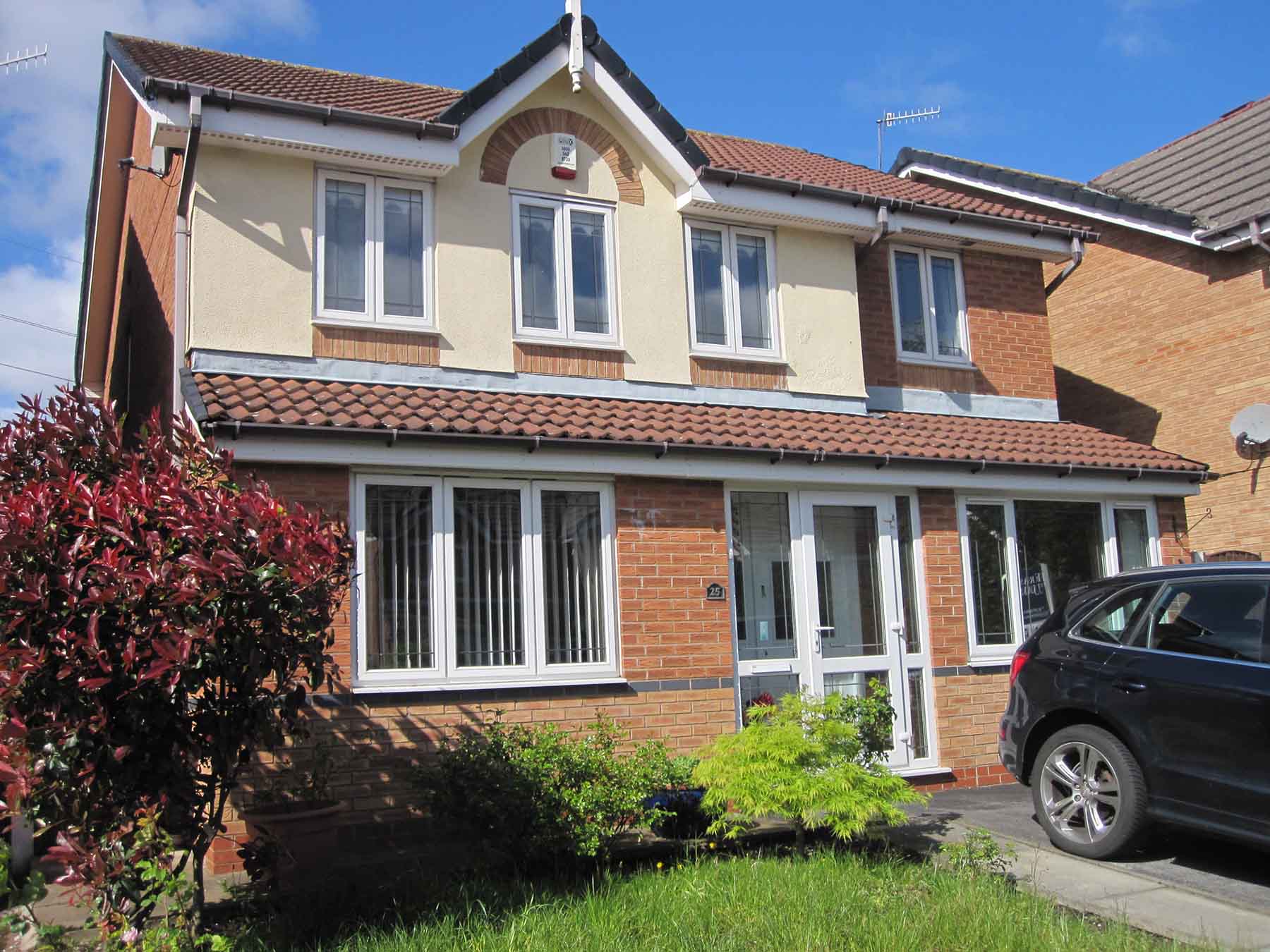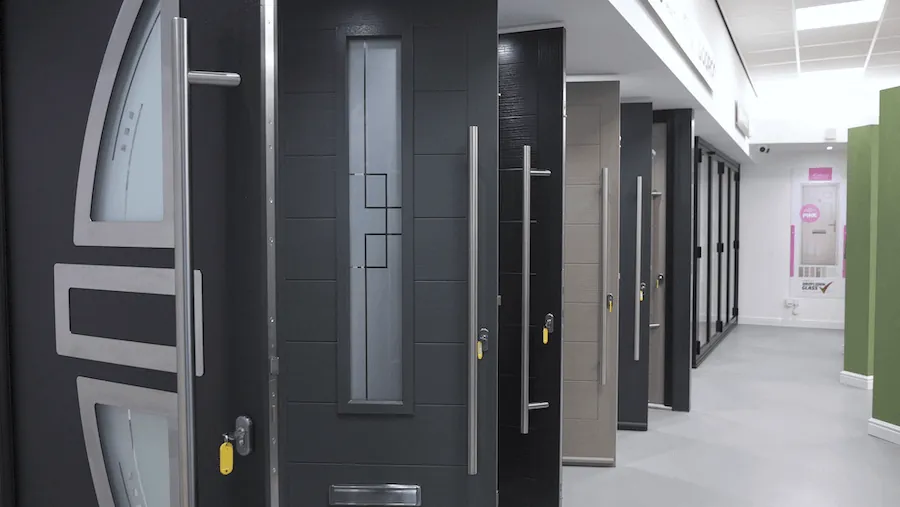Upgrade your home with replacement uPVC windows
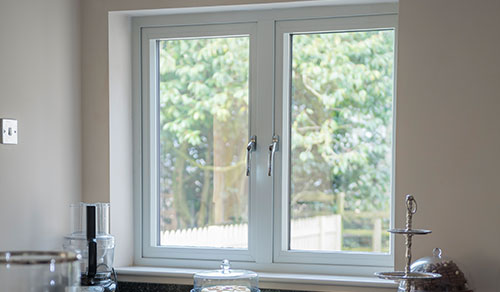
- 06 June 2023
- Windows
The approach of winter is always a time to take stock of your home, especially when energy bills are still high and the cost of living crisis isn’t going away as quickly as we’d all like.
At this time of year, many people look to make savings as they prepare to head into a season where the hit to the pocket can be considerable. We’re all looking for ways to keep warm while keeping the heating bills low – not an easy task, especially if the weather turns very cold.
According to figures, up to 40 per cent of heat can be lost through windows. The average loss is almost 20 per cent – far higher than that which escapes through walls and roofs. Given that the average heating bill is around £2,000 per year, a lot of money disappears through our windows every time we switch the gas or electricity on.

What can we do about this? Well, in recent winters many homeowners have resorted to keep the heating off for long periods of the day, wearing extra layers and cutting down on other expenditure, including food.
While these measures may be necessary to solve the short-term difficulty posed by those unwelcome brown envelopes dropping through the door, they’re not a long-term solution to an ongoing problem. It’s far better to take a good, hard look at where you might save in the future – and it’s highly likely you’ll see your existing windows as in need of attention.
Under government regulations, all newly built houses must now be fitted with double or tripled glazed windows that perform to a certain standard. Which is great if you’re buying a brand new homed, but not quite as simple if you have single-glazed windows or poorly performing double glazing, or you live in a conservation area or listed building.
However, in recent years double glazing has improved hugely, particularly in terms of thermal efficiency. High performing windows and doors are playing their part in the fight against climate change by keeping warm air in and reducing dependence on fossil fuels.
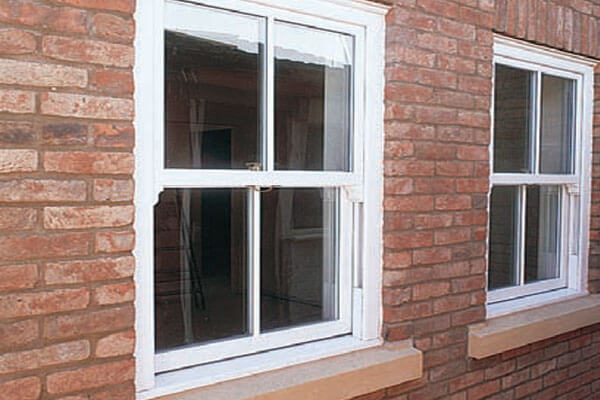
What is double glazing?
Double glazing as we know it today began in the United States before arriving here in the late 1960s. For a while, it wasn’t always the most reliable solution but the more popular it became, the more the technology improved. Today it is thought that more than 90 per cent of UK homes have some form of double glazing installed.
The concept of double glazing is simple. Two panes of glass are separated by a spacer, creating a sealed gap. This space is then filled with inert gas, such as radon, which helps to stop condensation forming between the panes and makes heat more difficult to escape. This is a vital function of double glazing and the single biggest reason for its popularity.
High thermal performance
The thermal insulation properties of double glazing are attractive because they will improve your home’s energy efficiency, leading to lower heating bills. The airtight seal means that heat is unable to flow in and out; essentially, it’s trapped in your home, making it comfortable and warm.
When looking for new windows, you may have noticed an installer mentioning the Window Energy Rating (WER) of a particular window. This system is used to denote the overall thermal performance of a window.
The lowest rating is G and ratings go up as high as A++. Any new or replacement windows must have at least a rating of C to comply with current UK Building Regulations. At Droylsden Glass, all our windows can achieve ratings of A and some can achieve A+.
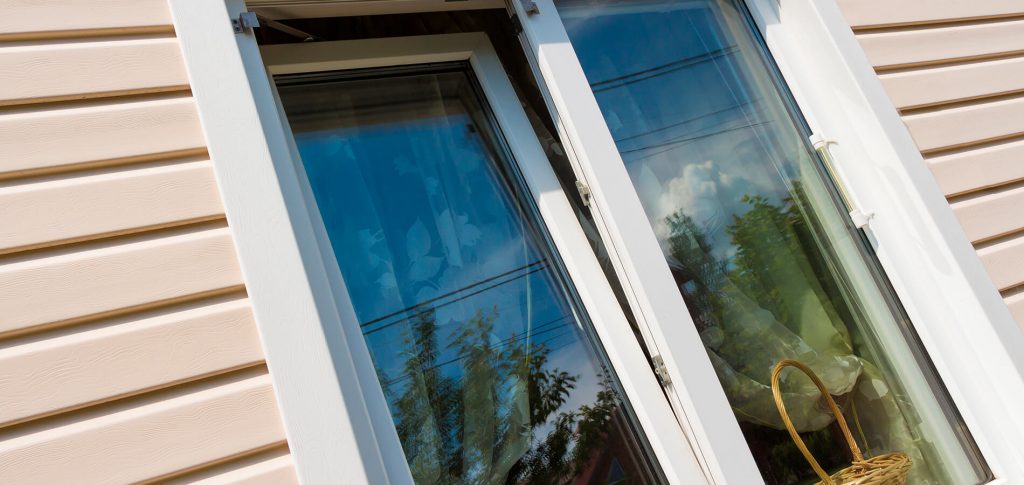
Secure by security
Intruders have regularly entered homes through insecure windows and even today, it’s one of the first ‘weak points’ of the house they will try. Having double glazing fitted reduces this risk hugely. The airtight seal between the two panes of glass comes into play, making the whole unit extremely tough. Plus, there are two panes of glass to break, not just one
For example, all our uPVC casement windows are fitted with the latest security hardware, including an Avantis multi-point locking system, which secures the window at every point in the frame. For additional security, we also fit a SAC bolt & keep and use glass clamps, for a supreme security performance and complete peace of mind.
Noise reduction
Another advantage of double glazing is that it keeps external noise to a minimum. The vacuum at its core not only traps heat but prevents traffic and pedestrian noise by up to 30 decibels. It can’t keep noise out completely; however, it can make a difference to how we experience noise. Another advantage of uPVC windows is that they are virtually maintenance free, so you can spend less time cleaning and more time enjoying your new uPVC windows.
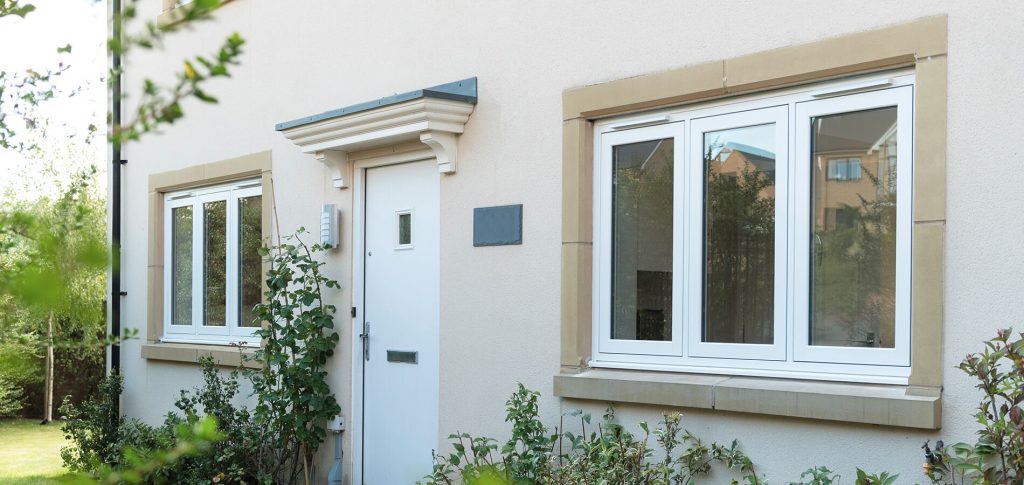
Conservation areas and listed buildings
There was a time when double glazing was very much frowned upon by planning departments with conservation areas and listed buildings in their remit. Manufacturers have responded this, making windows (and doors) that blend in seamlessly with such requirements, and while advice should be sought before having double glazing installed (especially in listed buildings) it’s comforting to know that you can still have style and outstanding performance from your window.
Our Residence 9 uPVC windows are the perfect choice for conservation areas and older buildings. These are hand-crafted, featuring slim sightlines and a flush sash exterior that will draw attention for all the right reasons! They are available in a range of colour options including popular shades Chartwell Green, Golden Oak and Anthracite Grey.
The advantages of double glazing are numerous, and it’s very hard to argue against their benefits in both modern and period properties. Here at Droylsden Glass, we provide glazing solutions for every style of home across the North West of England and we always look forward to helping new customers with their next home improvement project. We offer a wide range of uPVC windows including casement windows, tilt & turn windows, and sliding sash windows. You can contact us here, or by ringing 0161 292 1122 for a free no-obligation quote.




